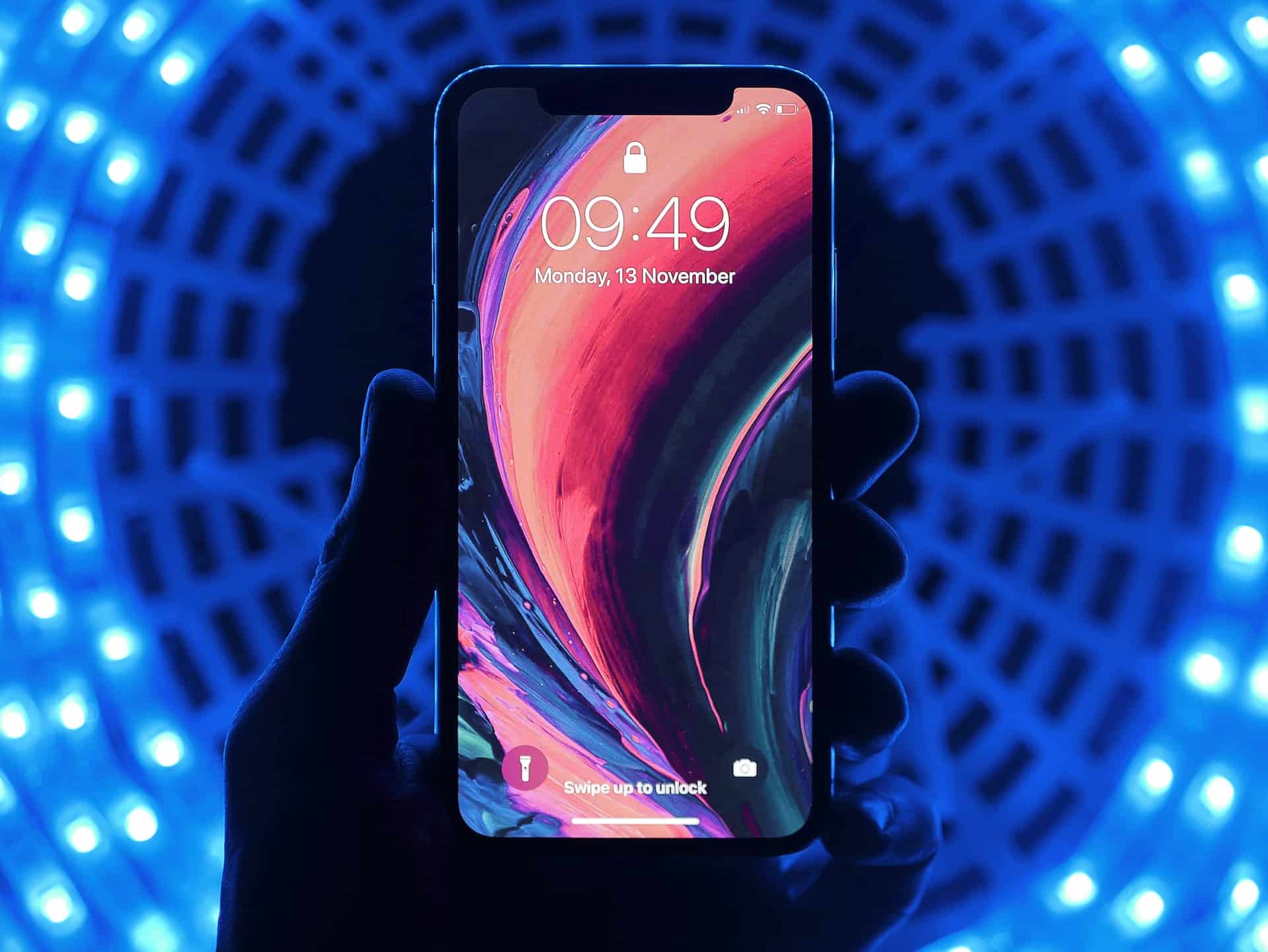As if a global pandemic and the threat of a worldwide economic crash were not enough to contend with this year, an increasingly sophisticated level of cybercrime is looming on the horizon.
Today’s internet landscape is a far cry from what it was five years ago; thanks to the advent of Internet of Things (IoT) technologies and the growing use of Artificial Intelligence (AI) enabled devices, our modern digital realm is dynamic, multi-faceted, and ever-changing.
So too are the threat actors who continue to exploit “traditional” devices (such as smartphones and computers) and newer technologies alike. Securing your devices in 2020 is a matter of equipping them with the right security tools and practicing excellent digital hygiene. With that in mind, here we go over a couple of key risks and ways to protect yourself.
IMAGE: UNSPLASH
IoT Threats
A Washinton Post article detailed how cybercriminals used a fish tank to hack into a casino’s systems. It might sound like a plot from an Ocean’s movie, but the reality is that any internet-capable device is at risk of exploitation.
More recently, ESAT IoT research showed how smart home hubs were ripe for exploitation. Now more than ever it’s critical to expand our concept of devices to include more than just our smartphones and laptops. An IoT enabled thermostat or a smart fridge that you’ve linked to a phone containing financial data represents a threat that shouldn’t be overlooked. Likewise, a smart printer in your office is a hop skip and a jump away from sensitive company data.
The Solution: Encrypt Your Home Or Office Network
Instead of giving up the conveniences of IoT devices, consider how you can secure the whole network and mitigate the risk of cybercrime. Downloading a VPN, or Virtual Private Network, is an easy way to protect each device on the internet network, be it your office or home. VPNs also encrypt data in transmission, making it near impossible for threat actors to intercept and decipher sensitive information.
Malware
Malware remains a key threat in 2020 because it continues to work so well for cyber villains. Often delivered to victims via links in emails or text messages designed to look legitimate, malware programs can log keystrokes, garner your log-in details, enable remote user controls, and generally cause you a headache.
Although not new, malware continues to change its spots and the manner in which it is delivered. In terms of the latter point and poised as we are for disaster, we are now sitting ducks for cleverly designed social engineering attempts that play upon our fears in these uncertain times. As evidenced by recent World Health Organisation scams, criminals are profiteering from panic.
The Solution: Antimalware And Education
Running a high-quality anti-malware program is one of the best ways to protect your devices from these nefarious threats. Antimalware apps scan emails and text messages for anything suspicious, and they also warn users if they are heading to a dodgy website.
Above and beyond relying on a program to provide digital savvy, users should educate themselves about the risks involved and learn more about spotting fraudulent offers and connections.
Juice Jacking
A relatively new threat, juice jacking is when attackers exploit public USB charging stations and install malware. When you come along to charge your device via USB, your deceive is either infected, or the program in the USB charger steals data.
The Solution: Use Your Own Charger Head
Thankfully, this new threat is pretty easy to avoid: don’t use public USB charging stations and stick to your own changer instead. Besides following the steps above, you should also follow solid digital hygiene practices, such as using long and impersonal passwords and choosing multi-factor authentication to secure accounts. You should also be running antivirus software on all of your devices and choosing third-party extensions that are known to be trustworthy.
In today’s world, data is more valuable than gold. Don’t let your devices fall victim to the ever-increasing risk of cyberattack, take steps to defend your digital self, and stay protected.
If you are interested in even more technology-related articles and information from us here at Bit Rebels, then we have a lot to choose from.


COMMENTS